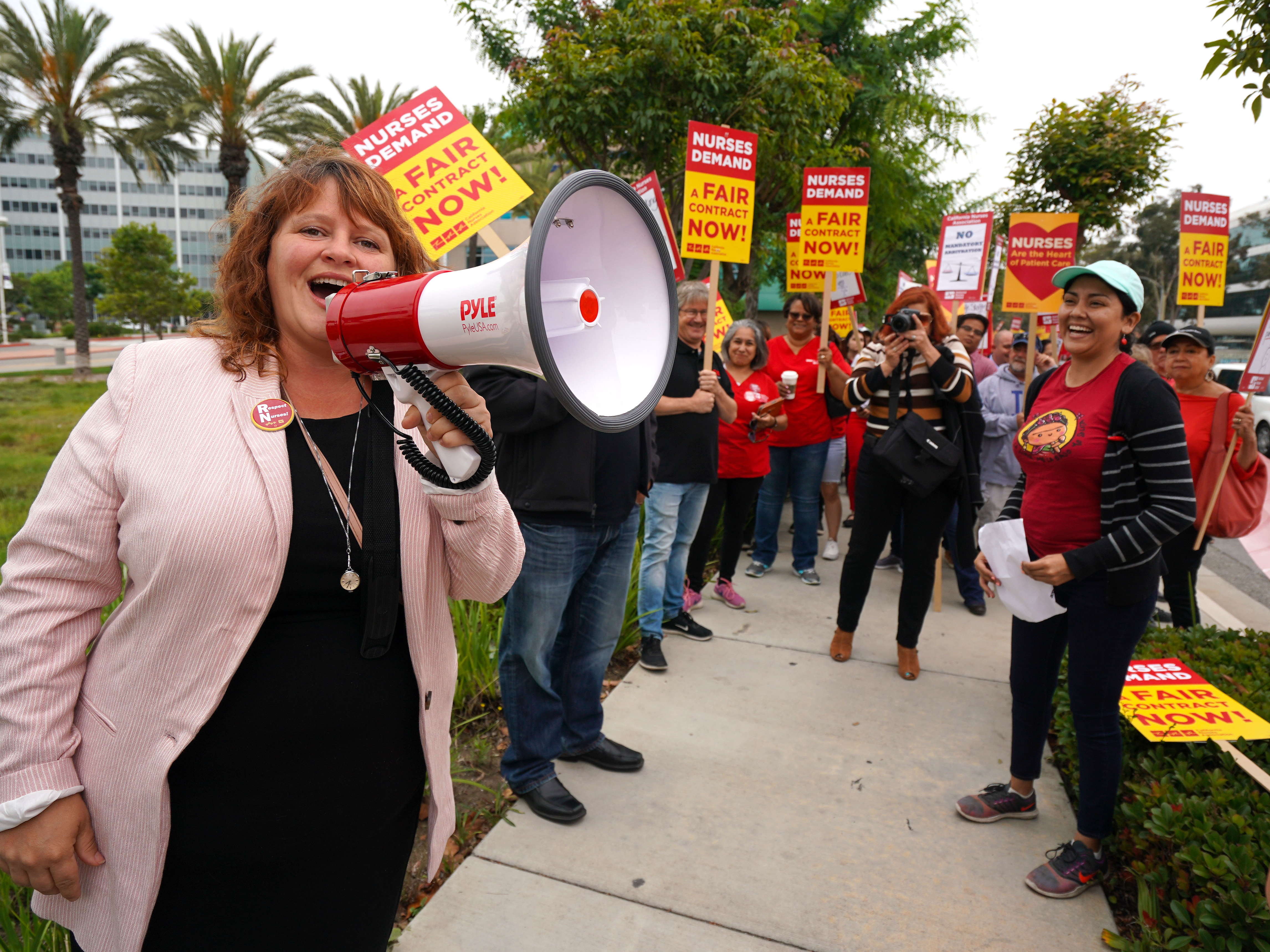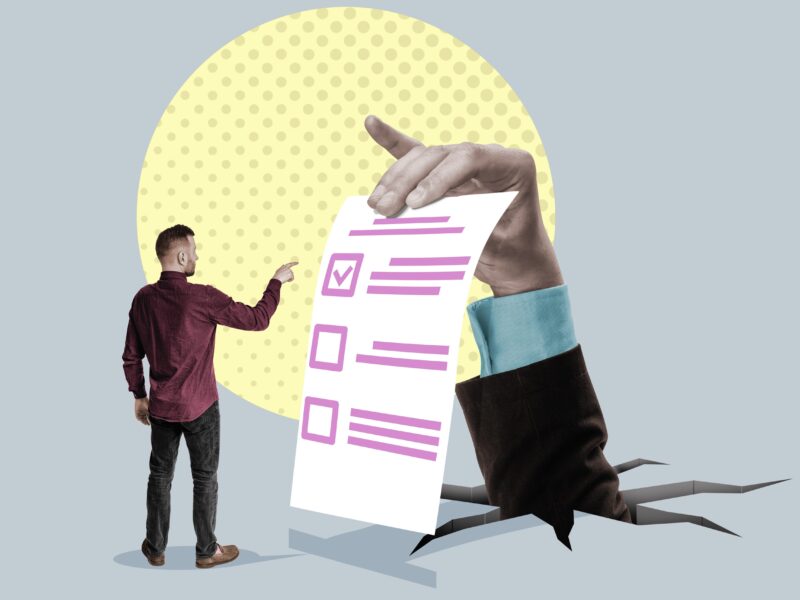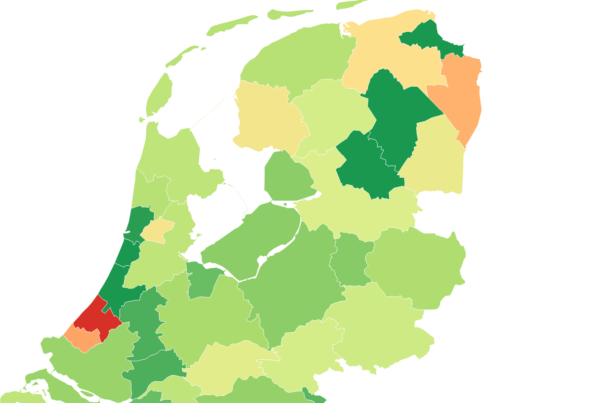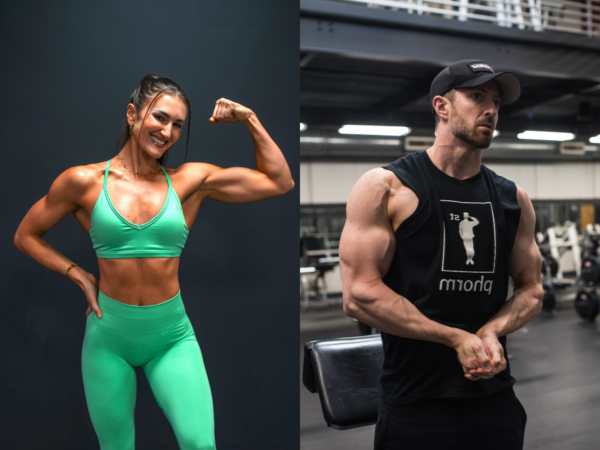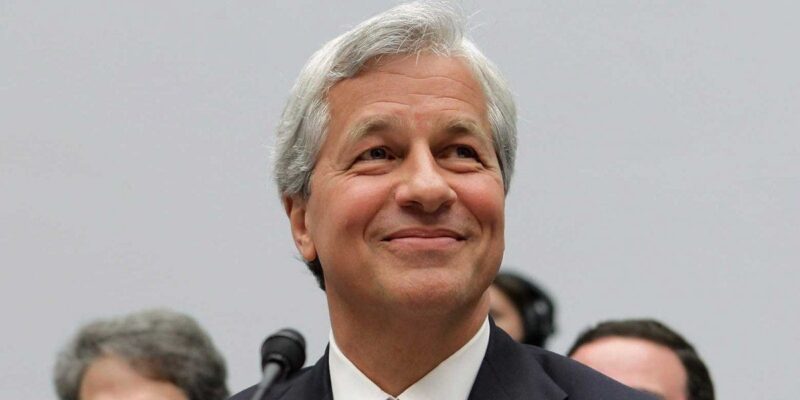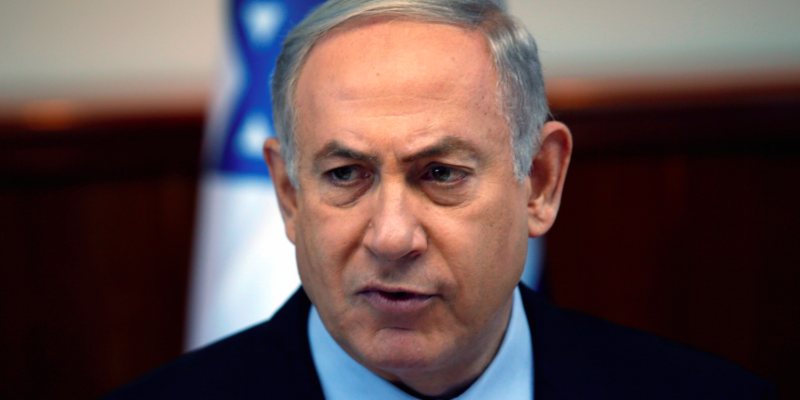- A new Insider poll found that, by and large, Americans support labor unions.
- Unions for teachers and nurses were the most widely-favored overall.
- Conservative respondents were the most supportive of police unions.
- Liberal respondents were amenable to nearly all types of unions, but they held nurses’ unions in the highest esteem.
- Identity-based unions, such as religious unions, were frowned upon across the board.
- Visit Business Insider’s homepage for more stories.
Union representation in the US has been dwindling for decades, but according to a new Insider poll, Americans are still largely in favor of them.
Insider found that Americans support nearly every kind of labor union, from trade worker unions to artist guilds, more than they dislike them.
The poll – which included responses from 1,165 adults surveyed nationwide – presented participants with two identical lists of 20 different types of organized labor.
Respondents were asked to check off the types of unions they had a favorable opinion of, and then to do the same with the types of unions they had an unfavorable opinion of. In both cases, they also had the option of checking “none of these.”
To calculate the net favorability for each union category, Insider took the difference between the results of these answers, finding that the numbers - and thus the sentiment - were positive in almost every case.
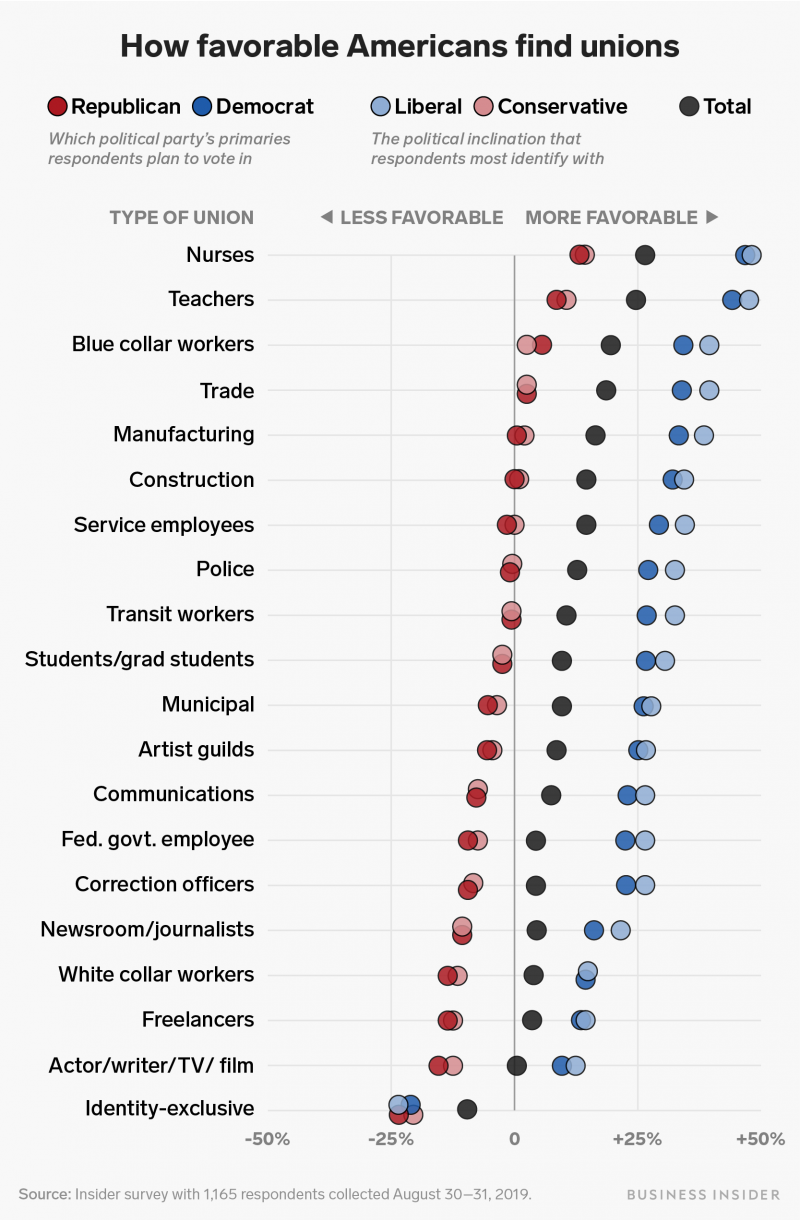
Nurses' unions were the most highly-regarded and least controversial form of organized labor overall, with 28.25% percentage points more favorability than lack thereof.
Teacher unions technically had the most votes, with 39% of respondents saying they had a favorable opinion of them - but a 13.4% unfavorability rate edged them out of the top spot.
Most polarizing were film industry unions, such as actors' and directors' guilds, which 24.3% of those surveyed supported and 20.8% opposed.
Partisanship still makes a big difference
Those polled by Insider were also asked to select their political inclinations, choosing from options that ranged from "slightly liberal" to "very liberal" and "slightly conservative" to "very conservative." In a separate question, survey-takers indicated whether they plan to vote in their state's Democratic or Republican primary or caucus.
Respondents who self-identified as slightly-to-very liberal differed in perspective on organized labor from those who self-identified as slightly-to-very conservative. Liberals were more keen on every type of union than their conservative counterparts - favoring teacher, nurse, and blue-collar unions the most.
Conservatives, on the other hand, viewed 14 out of 20 of the union types unfavorably - especially film, artist, journalist, and federal employee unions. Of the unions favored by right-leaning respondents, police and nurse unions were the most popular.
Among party-registered voters, both Republicans and Democrats were both slightly less partial to organized labor. Those who said they plan to vote in their state's Republican primary of caucus viewed unions more unfavorably than those who simply identified as conservative, while Democratic voters were less staunchly pro-union than liberal-leaning respondents as a whole.
Only one type of union drew unanimous skepticism from survey-takers: On both sides of the political aisle, and for Americans at large, identity-based unions - such as religious unions and women's unions - were deeply disliked.
SurveyMonkey Audience polls from a national sample balanced by census data of age and gender. Respondents are incentivized to complete surveys through charitable contributions. Generally speaking, digital polling tends to skew toward people with access to the internet. SurveyMonkey Audience doesn't try to weight its sample based on race or income. Total 1,165 respondents collected August 30 to August 31, 2019, a margin of error plus or minus 3.01 percentage points with a 95% confidence level.
Read more:
America's labor movement is finally waking up after a 30 year slumber
